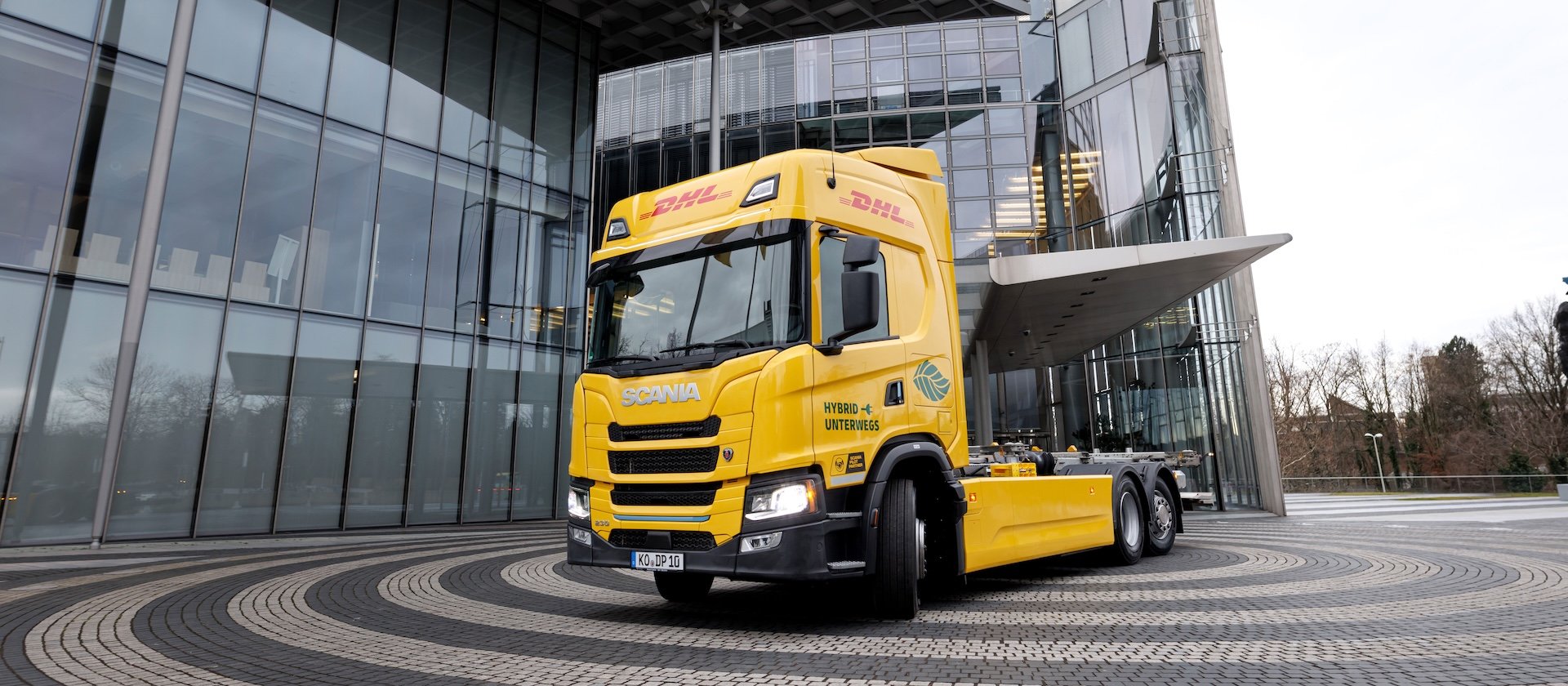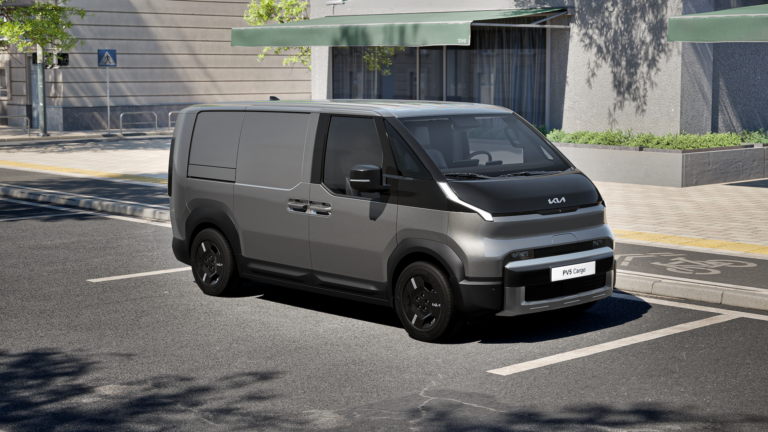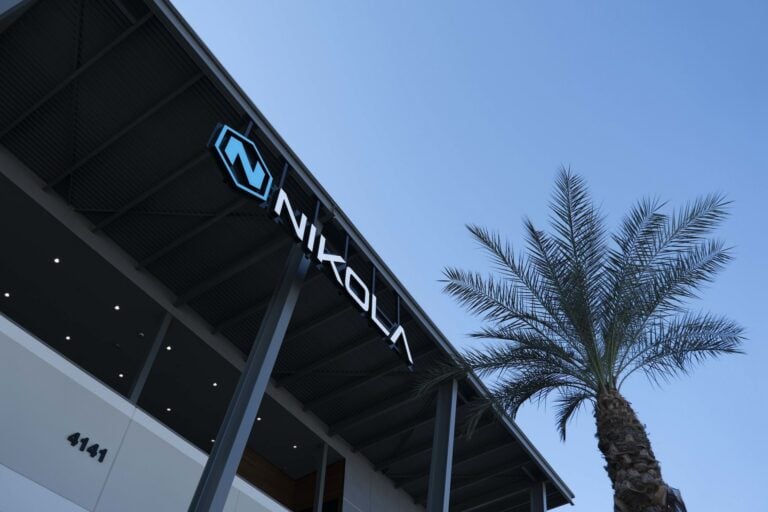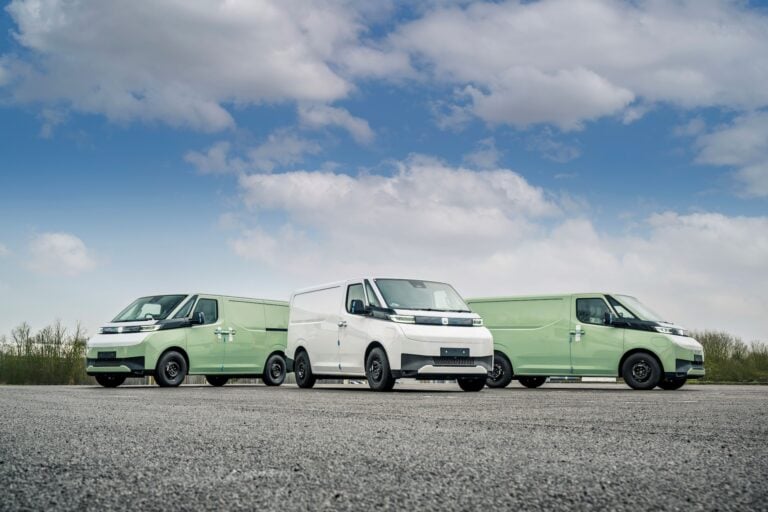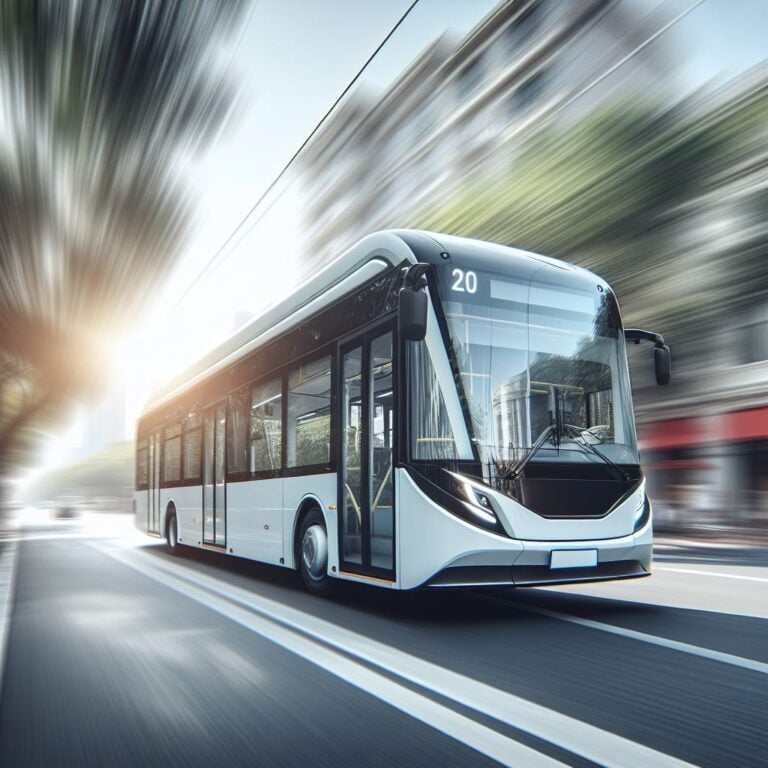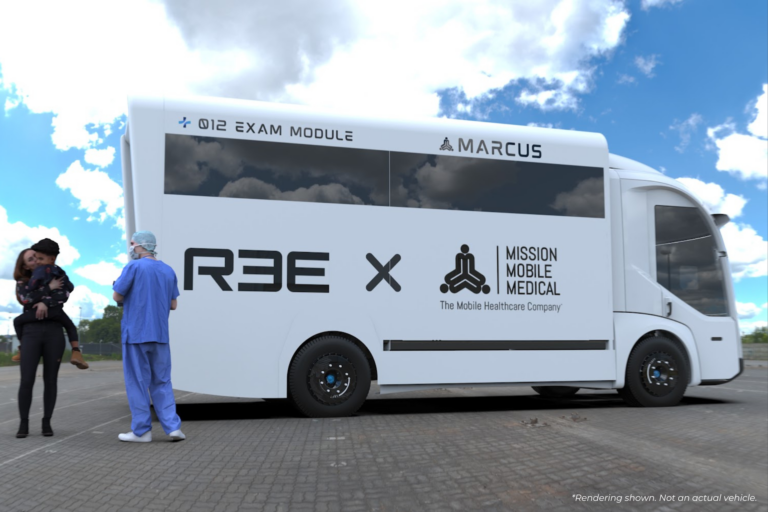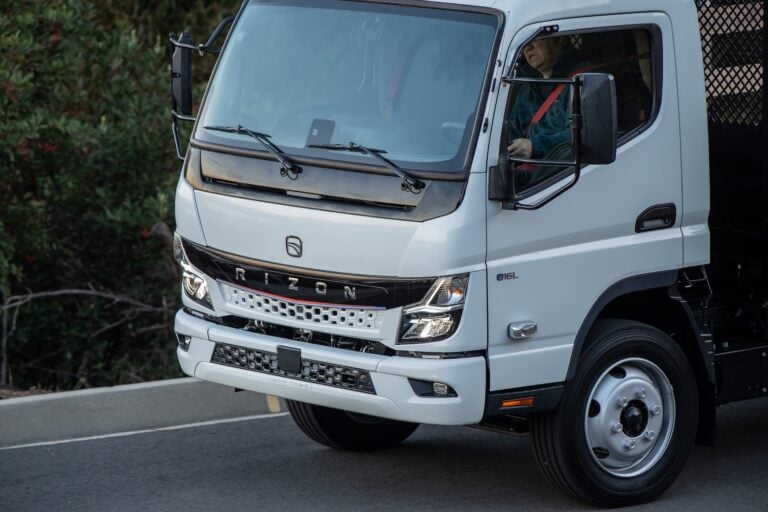Sign up for our popular daily email to catch all the latest EV news!
Scania and DHL Group are collaborating on a groundbreaking Extended Range Electric Vehicle (EREV), combining electric power with a fuel-powered range extender. This innovative approach aims to bridge the gap between fully electric trucks and the current limitations of charging infrastructure. Starting in February 2025, DHL’s Post & Parcel Germany division will deploy the new truck for parcel transport between Berlin and Hamburg.
The EREV offers a pragmatic interim solution to decarbonize road transport without waiting for a comprehensive charging network. It allows DHL to operate 80–90% on renewable electricity while using a fuel-powered generator to extend range when needed, ensuring operational flexibility and sustainability.
Key Highlights:
- Joint development by Scania and DHL to overcome electric truck range limitations.
- Deployment starts February 2025 for parcel routes between Berlin and Hamburg.
- Range of 650–800 km, combining electric power and a fuel-powered generator.
- Generator replaces one battery pack, allowing refueling at conventional petrol stations.
- Potential CO₂ emissions reduction by over 80% compared to traditional trucks.
- Calls for political support to recognize interim solutions in emission schemes.
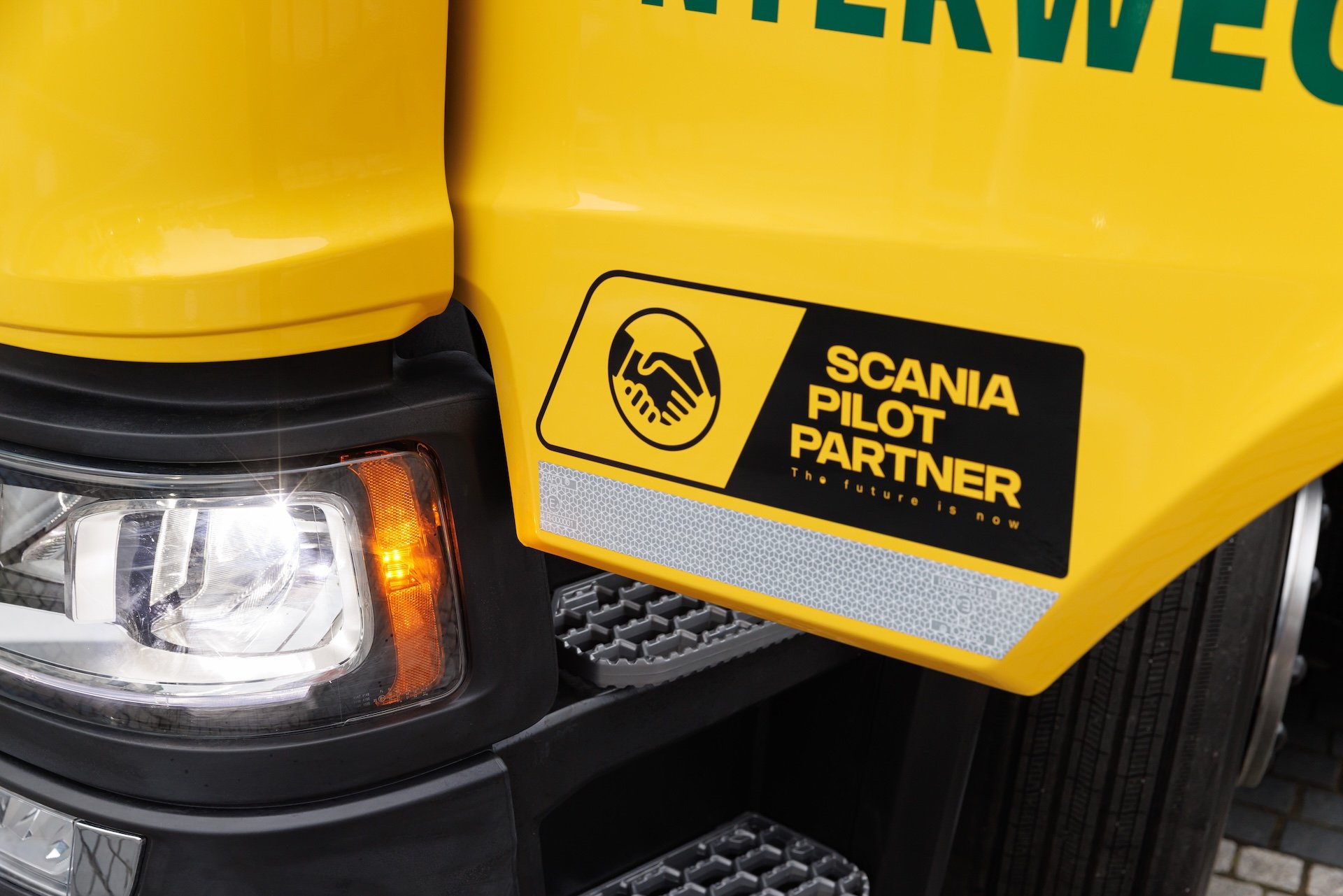
The EREV features a 230kW electric engine (peaking at 295 kW) powered by a 416 kWh battery and a 120 kW gasoline generator. Initially using petrol, the generator can later switch to diesel or HVO (Hydrotreated Vegetable Oil). With a maximum weight of 40 metric tons and a cargo capacity of 1,000 parcels, the truck is designed for efficient, long-haul operations.
Scania CEO Christian Levin emphasized the importance of transitional technologies: “The future is electric, but perfect must not be the enemy of good as we are getting there.” Similarly, DHL Group CEO Tobias Meyer highlighted the practical benefits, stating, “This vehicle is a sensible, practical solution that can make an immediate contribution to reducing greenhouse gas emissions in freight transport short-term.”
This collaboration urges policymakers to support transitional solutions like the EREV while investing in charging infrastructure, helping accelerate the shift towards fully electrified transport networks.
Sign up for our popular daily email to catch all the latest EV news!

